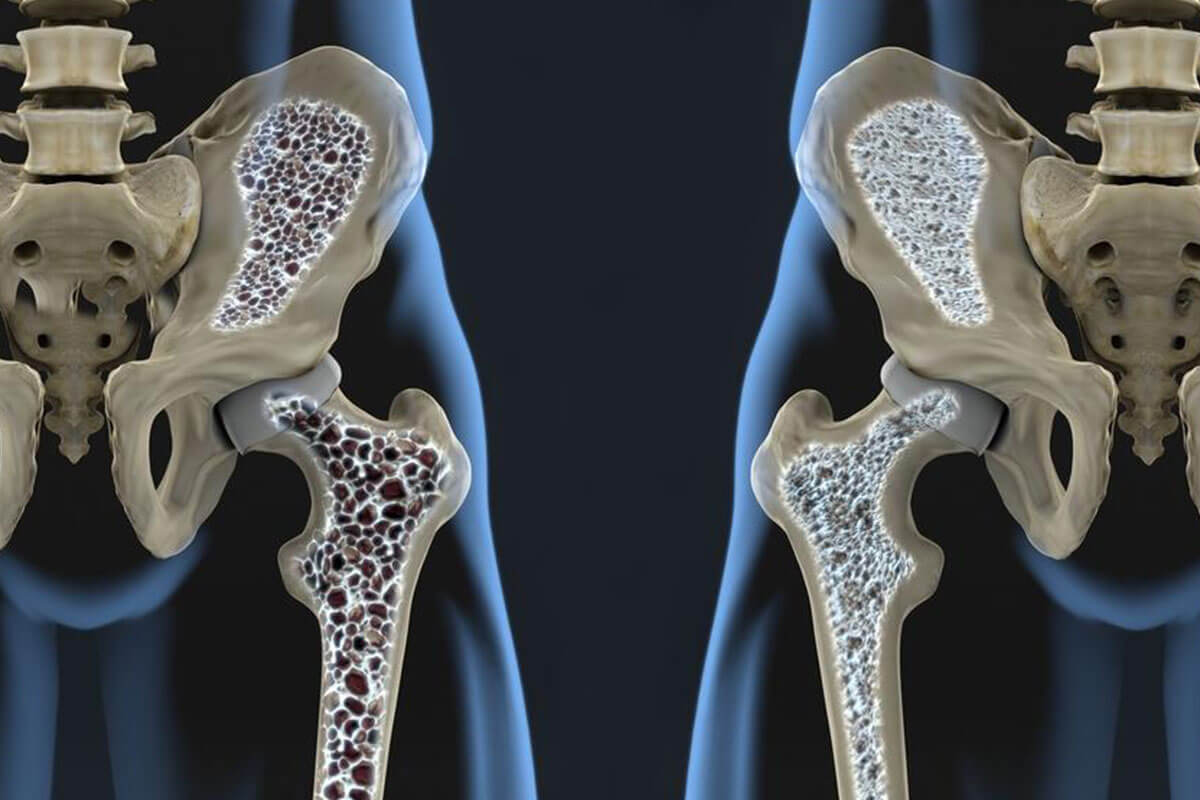Top 5 Medical Conditions Contributing to Osteoporosis Bone Degeneration
Discover the top five medical conditions that contribute to osteoporosis-related bone loss. Learn how autoimmune diseases, diabetes, asthma treatments, and hyperthyroidism affect bone health. Early diagnosis and management strategies, including lifestyle changes and medications, can help mitigate osteoporosis risks. Stay informed to protect your bones and maintain mobility as you age.
Sponsored

Osteoporosis is a condition characterized by weakened bones that are prone to fractures. Several medical illnesses can accelerate this bone loss due to their effects on bone health or the medications used for treatment. Understanding these conditions is essential for prevention and management.
Bone constantly regenerates, but when breakdown surpasses rebuilding, bones become fragile. Osteoporosis affects over 200 million women globally, especially those over 50, with higher prevalence among white and Asian populations. Common fracture sites include the spine, hips, and wrists, often resulting from minor falls or even daily movements. Early detection through bone density tests is crucial, as symptoms like height loss and back pain tend to appear in advanced stages.
Age, gender, race, and lifestyle influence osteoporosis risk.
Preventative measures involve medications, lifestyle adjustments, and diet modifications.
The root causes of osteoporosis are multifaceted, with several medical conditions contributing to bone deterioration. These include autoimmune diseases, metabolic disorders, and hormone imbalances:
Rheumatoid Arthritis and Lupus
Autoimmune diseases such as rheumatoid arthritis and lupus cause immune system attacks that can impair bone formation. Particularly in women aged 15-45, these conditions can interfere with peak bone development, increasing osteoporosis risk.
Diabetes
Type 1 diabetes, often diagnosed in childhood, may hinder bone growth due to high blood sugar levels disrupting bone formation processes, potentially preventing individuals from reaching optimal bone density.
Asthma and Corticosteroid Use
While asthma itself does not cause bone loss, long-term use of corticosteroids to manage symptoms significantly elevates osteoporosis risk, as these medications weaken bones over time.
Hyperthyroidism
Overproduction of thyroid hormones accelerates bone remodeling cycles, leading to net bone loss, especially after age 30 when remodeling becomes less efficient.
Other associated conditions include multiple sclerosis and celiac disease. Awareness of these links enables proactive steps—like vitamin D supplementation and lifestyle modifications—to protect bone health and prevent osteoporosis.






